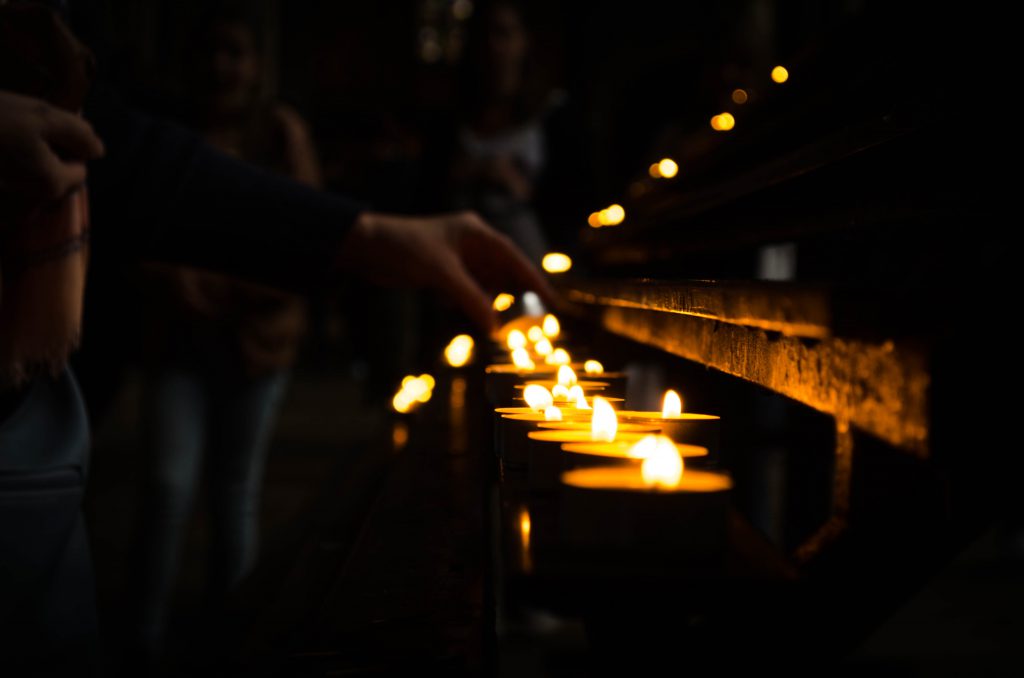
Published December 2, 2019
Thanksgiving along the Potomac littoral seemed a little emptier this year without Rob Odle, who died on October 2 after a tough fight with cancer. But I’m sure that everyone who knew and esteemed him remembered to give thanks for his life among us swamp creatures. For Rob was the kind of person who humanized an often-tough town by his decency, his generosity, and the gentlemanly way he spoke his convictions without compromise, but also without rancor.
Despite two periods of service as a sub-cabinet officer at HUD and Energy, Rob Odle was not a man for the public limelight — a circumstance he not only cultivated but doubtless enjoyed, for his first experience of the glare of publicity came when, as director of administration for the Committee to Re-elect the President, he was the first on-camera witness at the Sam Ervin–led Watergate hearings. Rob was as squeaky clean as squeaky clean comes — one of his best friends told me that he was known in that expletive-deleted White House as “Richard Nixon’s choirboy” — so there was never any question of his being involved in the skulduggery that eventually led to President Nixon’s resignation. But for all that he might strike the ignorant as an innocent who rolled into the big time from the simpler Midwest in which he grew up, he was anything but that. He knew how the game was played in Washington, which meant that he knew that politics is a contact sport: Decades after the Watergate mess, he told me that, when he first heard about the break-in, he immediately sensed that big trouble was just around the corner. He braced himself for it at the bar of “1789,” a Georgetown restaurant, “with six martinis.”
It may have been the only night in his life that Rob Odle was, as they say, “overly served,” for everything about the man bespoke moderation — except for his great love for Lydia, to whom he was married for 50 years, and his devotion to his son, John Paul, whom he brought to Rome in April 2005 so that the boy could experience the funeral Mass of the saint for whom he’d been named after Rob and Lydia adopted him from Russia. And as I look back on 20-plus years of friendship with him, it occurs to me that there was one other immoderation in Rob Odle’s life: his passionate commitment to the Catholic Church, to which he had converted.
To his Catholicism, Rob brought the best of the Anglicanism in which he had been raised, including an aesthetic sense that led him to generously support impressive works of art in parish churches. And while he shared many of his friends’ concerns about the recent travails of the Church, he never wavered in his commitment, knew that the Catholic Church had been through rough patches before, and got on with his volunteer service as a Eucharistic minister, bringing the consolation of holy communion to the sick and to shut-ins, and with his work on the review board of the Diocese of Arlington, Va., to which he brought the insight and skills of a thoroughly professional attorney in assessing allegations of clerical sexual abuse.
Rob Odle was a conservative in the best sense of the term: He was devoted to what Russell Kirk called the “permanent things” and tried his best to make politics serve them. But unlike those frantic souls today who seem to have forgotten that the permanent things are, well, permanent, Rob was never as anxious as others about the conservative future. So he could work hard at helping rebuild the shattered economics of the post-Soviet Baltic states, confident as he was that there were economic truths built into the world, just like moral truths, and that if you let those economic truths work, individuals and societies would flourish. Our conversations over two decades touched a wide variety of issues and personalities, but rarely Rob’s own work — with the sole exception of what he was doing with the Baltic-American Enterprise Fund, helping entrepreneurs rebuild Lithuania, Latvia, and Estonia, which he described with enthusiasm and satisfaction.
The nation’s capital is replete with lawyers, and thus lawyer jokes (most of them uncomplimentary). Rob Odle was a sterling exception to that world of legal gamesmanship (and, on occasion, sleaze), and it was, and is, attorneys like him who make Washington work, when it does. He served his clients well, generously made his firm’s pro bono capacities available to a host of non-profit organizations, conducted his own philanthropy with generosity and modesty, and brought uncommon good sense to any discussions of public policy in which he found himself. There are more Washington-based attorneys like that than the stereotypes and jokes would allow, and they are essential to both national governance and local comity. Their number is now, sadly, diminished by one. But the example of Rob Odle (whose personal model was Saint Thomas More) will continue to inspire those in the capital for whom “public service” is just that, service, and not a ticket-punch to the higher altitudes of billable hours.
George Weigel is the distinguished senior fellow of the Ethics and Public Policy Center, where he holds the William E. Simon Chair in Catholic Studies.











